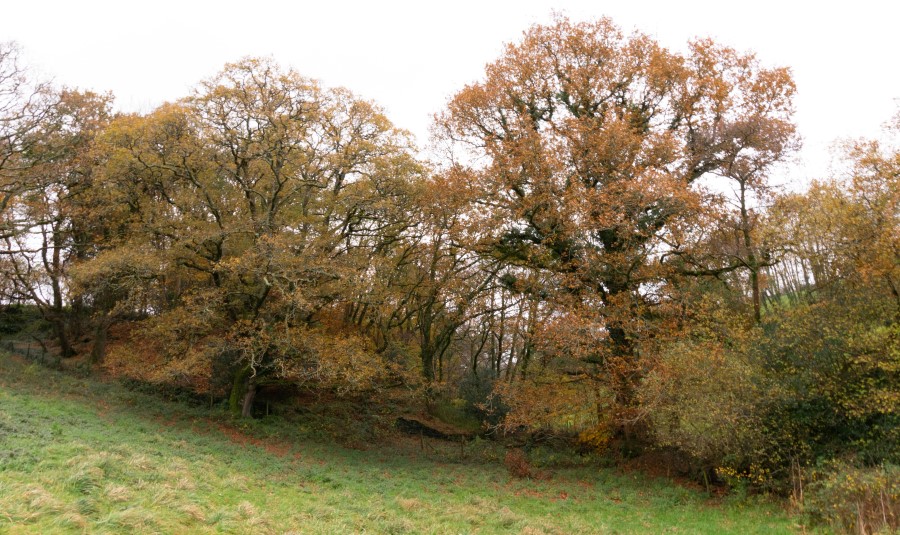Supporting biodiversity in Launceston Community Forest
As a company heavily involved in the forest sector through our supply chain, we have a huge role to play in preserving biodiversity; which is why last year we committed to funding 100 Biodiversity projects as part of our Now and Next sustainability strategy.
To achieve this target, the DS Smith Charitable Foundation pledged up to £100,000 in total towards Biodiversity initiatives. Charities and community groups can also apply for this funding; projects eligible for the grant include wildflower meadows, community gardens or tree planting projects, find out more here.
One of the first project ideas which was approved for funding was initiated by DS Smith Launceston in Cornwall. They are working in partnership with the local council, charities and community groups, to develop and manage an area of woodland one mile from DS Smith Launceston.
 What is the purpose of this project?
What is the purpose of this project?
The purpose of the project is to improve local biodiversity, protecting species and creating a new area for the community to enjoy, in a 12 acre space of woodland owned by the Cornwall council.
The volunteers from DS Smith will help to plan and implement the initial phases of development using the £1000 to help:
- Clear the woodland and make it safe to use for the local community.
- Reintroduce plant species by creating flower meadows and developing habitats for native animals and insects.
- Creating footpaths, including wheelchair friendly routes and picnic areas, so that locals can enjoy the delights of nature.
"Six months ago I set out on a journey to see what green space opportunities were available near our site. It was through the local climate action group that I was presented with the opportunity to develop an area one mile from our site, several meetings later the Launceston Community Forest was born."
— Sam Virgo Brown, Transport Manager at DS Smith
How will this help biodiversity?
The conservation and planting of wildflower-rich meadows will directly benefit bees, butterflies and other pollinating insects, while developing the woodland will help provide shelter to a range of wildlife including dormice, owls and bats.